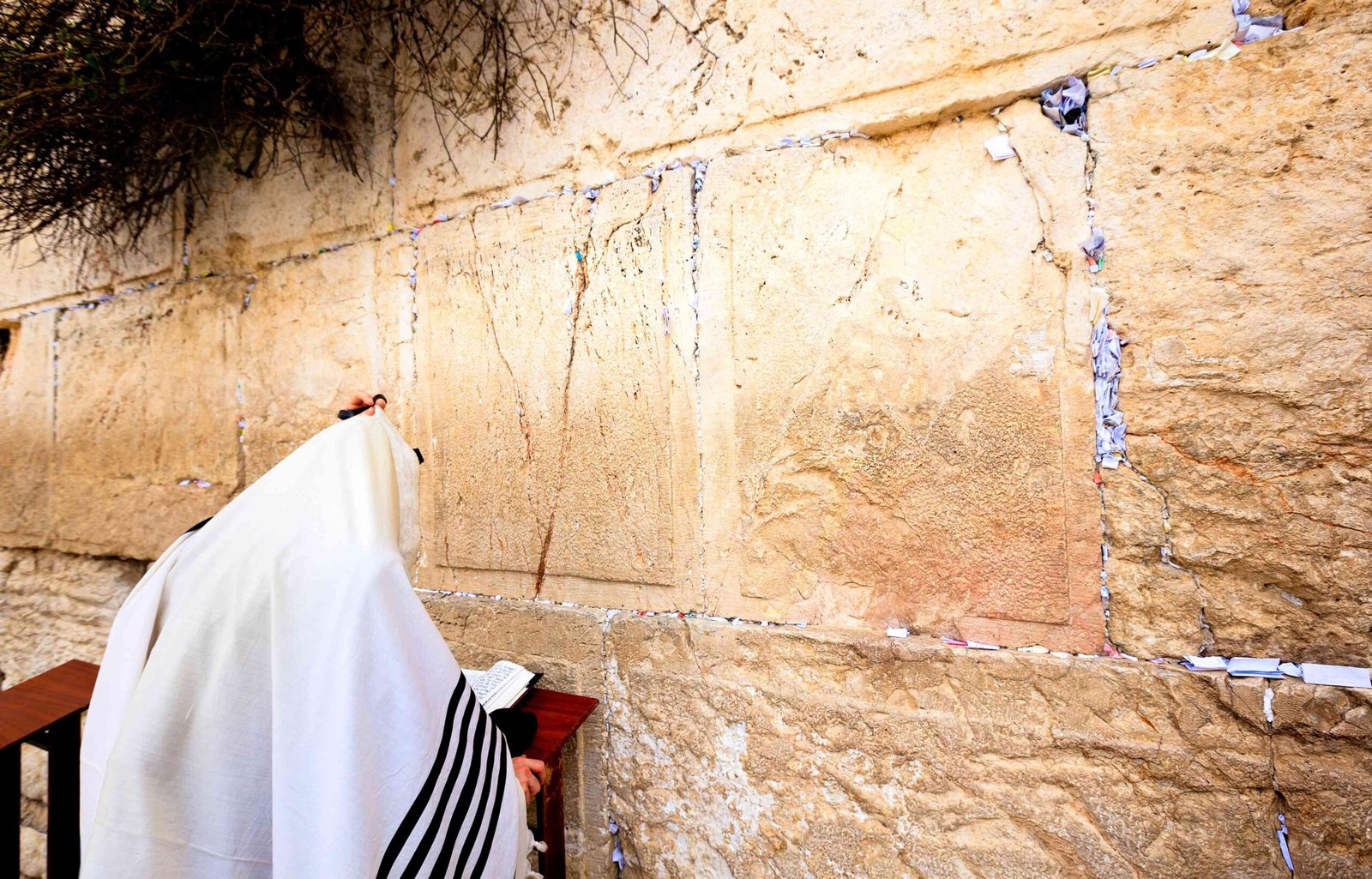Navigating the Complexities of Divorce and Co-Parenting
Divorce is rarely straightforward, but when the dynamics involve an extremely difficult or narcissistic tendency co-parent, the challenges can be exponentially more complex. As a Toenet Rabbanit and divorce mediator, I have worked extensively with individuals navigating the delicate process of separation and the ongoing issues that arise with co-parenting post-divorce. In this article, we will explore the nuances of cutting off from a co-parent who exhibits narcissistic tendencies and discuss the tools available, such as engaging a parental coordinator and the necessity of involving third parties.
The Challenges of Cutting Ties
Ending a marriage with a narcissist can feel like untangling a web of physical, financial, emotional, and familial ties designed to keep you ensnared. These bonds are not easily broken, particularly within the context of our community, where divorce carries significant social and religious implications. Our society is one of families and couples. Despite what many people think, I rarely see a couple get divorced without seriously examining if there is anyway to fix the marriage and exhausting all possibilities. Most people hold on as long as they can and avoid divorce at all costs.
Emotional Complexity
Distancing yourself emotionally can be even more daunting. As a compassionate individual, you may struggle to “switch off” feelings of care for your ex-spouse. Guilt and shame, often magnified by cultural and religious expectations, can weigh heavily. Narcissistic co-parents frequently exploit these feelings, employing tactics such as love bombing, guilt-tripping, even smear campaigns to maintain control and will often employ tactics to alienate you.
Spiritual and Communal Challenges
The spiritual dimension adds another layer of complexity. Many individuals in our community wrestle with the belief that cutting ties might conflict with Jewish values of shalom bayis, judging favorably, forgiveness, reconciliation, and family unity. Questions like “Am I disappointing Hashem?” or “What if this decision harms my children?” can linger, creating inner turmoil.
Establishing Boundaries
While setting boundaries is essential for your well-being, it’s often met with resistance. A narcissistic co-parent might attempt to undermine your efforts, dismissing your boundaries as unkind or unkosher. It’s important to remember that self-protection and safeguarding your children are not only valid but often necessary steps.
Torah Sources in Support for Boundaries
Jewish texts provide numerous examples supporting the need to distance oneself from harmful individuals:
Warnings in Proverbs: The wisdom literature repeatedly cautions against associating with angry or foolish individuals (Proverbs 22:24-25, Proverbs 9:7-8).
The Ongoing Role of a Parental Coordinator
For those unable to go fully “no contact” due to shared parenting responsibilities, a parental coordinator can be invaluable. These professionals act as neutral intermediaries, facilitating communication and decision-making while reducing direct interaction. It’s essential to choose someone who understands both the legal and religious intricacies of your situation.
A parental coordinator’s responsibilities often extend beyond mere communication management. They help design and implement structured parenting plans that prioritize the children’s needs while minimizing conflict. Coordinators can also mediate disputes over education, healthcare, or religious upbringing, ensuring that these decisions align with halachic principles and the family’s values.
Additionally, a parental coordinator serves as an impartial observer who can document patterns of behavior, providing valuable insights should further legal intervention be required. This level of oversight often discourages manipulative tactics, creating a more stable environment for the children.
By serving as a buffer between co-parents, a parental coordinator significantly reduces the emotional toll on both parties. They provide strategies for conflict resolution and enforce boundaries, allowing parents to focus on rebuilding their lives and fostering a positive environment for their children.
The Importance of Third-Party Support
A mediator, therapist, or rabbinical authority can provide clarity and reassurance during this turbulent time. Third-party involvement is especially crucial in cases of verbal, emotional, physical, spiritual, or financial abuse. These professionals can help validate your experiences, assist in creating an action plan, and provide a sense of accountability. It is important that the third party not be a family member to either party. The more “honorable” the third party is, the higher the chance of the narcissistic co-parent being more cooperative. People with narcissistic tendencies are very concerned with their image. Take caution that the third party is someone who will not get sucked into the narcissists pity party, as they play the victim card. The third party also must be someone who will set clear boundaries with the narcissist or the narcissist will exhaust them and they will quit.
Addressing Community Dynamics
Divorce within the Jewish community often involves navigating communal judgment and social stigmas. Having a support system—whether through friends, family, or professionals—is vital for maintaining emotional resilience. Engaging a Rav who is sensitive to the complexities of abusive dynamics can also provide spiritual guidance aligned with halacha.
Coping with Internal Struggles
Even after setting boundaries, the voice of the narcissist may continue to echo in your mind. Combatting these internalized doubts requires deliberate effort:
- Seek Torah study: Engaging with texts that affirm your decisions can be spiritually uplifting.
- Build a supportive community: Surround yourself with individuals who respect and understand your journey.
- Focus on self-care: Taking care of your physical and emotional well-being is not a luxury—it is a necessity.
Questions to Consider
As you navigate this path, you may grapple with questions such as:
- “Have I made the right decision?”
- “How will this affect my children’s future?”
- “Do I have what it takes to rebuild my life?”
These are valid concerns, but with the right tools and support, they can be addressed. Working with a toenet rabbanit or divorce mediator who understands your cultural perspective can provide tailored strategies for overcoming these challenges.
Moving Forward
While the road to healing may seem daunting, it is possible. By prioritizing safety, engaging professional support, and relying on Torah values, you can disentangle yourself from toxic dynamics and begin a journey toward freedom and joy. Remember, Hashem desires shalom bayit, but not at the expense of enduring harm or abuse.
As a Toenet Rabbanit and mediator, my mission is to provide guidance and support for individuals navigating these challenges. If you or someone you know is facing similar struggles, know that help is available. Together, we can work toward a brighter, healthier future for you and your family.
Join me at the Divorcing with Dignity Conference on January 28 in Jerusalem, where we explore the dynamic between mental health and the halacha and the law.









